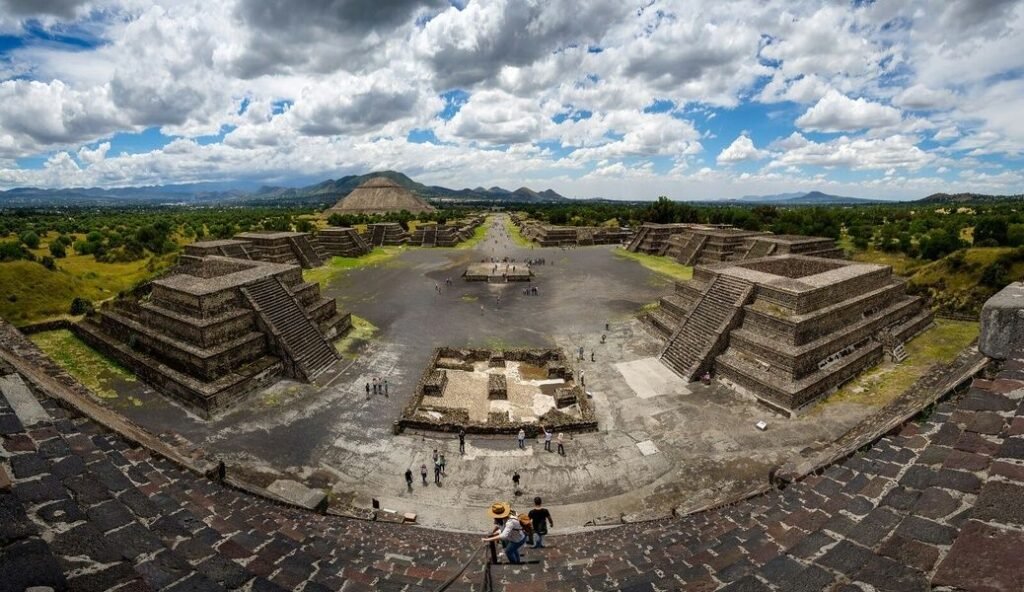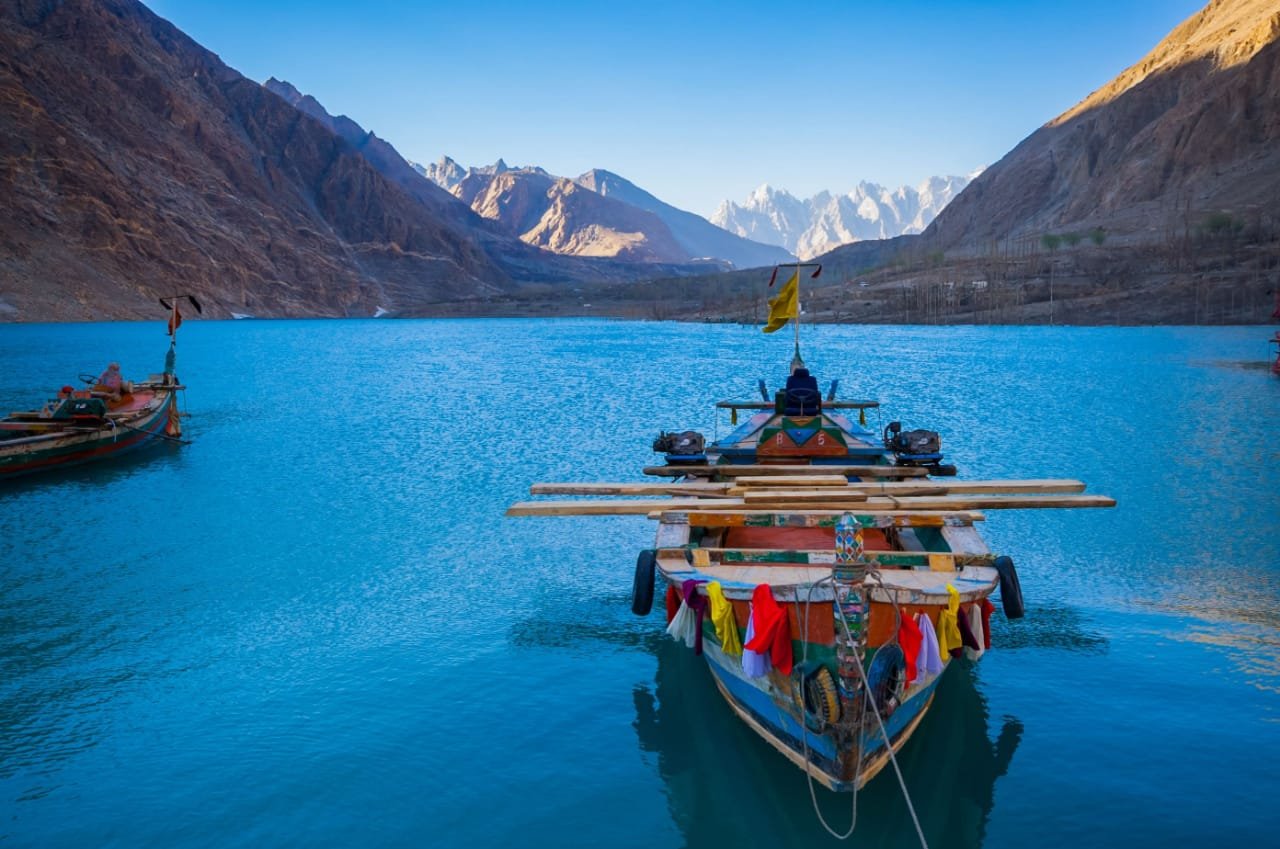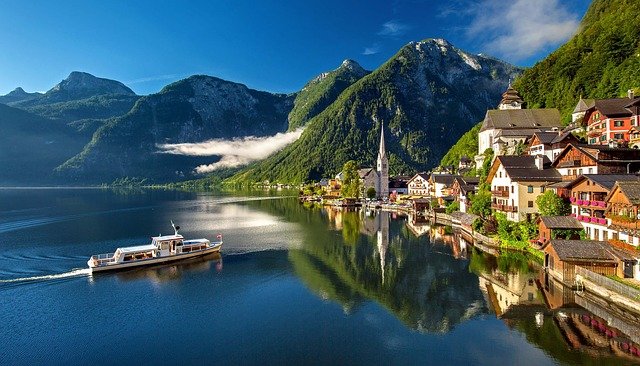As of late, the worldwide the travel industry has seen an extraordinary blast, with voyagers running to objections all over looking for experience, unwinding, and social drenching. While the travel industry irrefutably brings monetary advantages and social trade, there is a squeezing need to face the hazier parts of this industry. From the unfavorable impacts of ecotourism to the frequently ignored instructive necessities in accommodation, now is the ideal time to dive into why the travel industry, in its ongoing structure, might cause more damage than great.
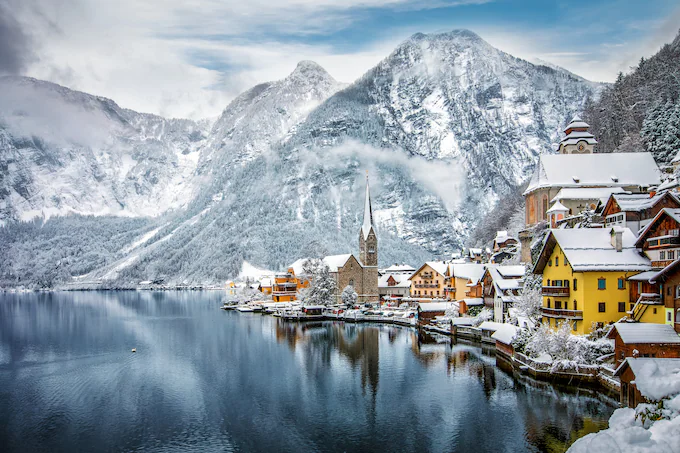
Ecotourism, promoted as an economical option in contrast to conventional mass the travel industry, frequently misses the mark regarding its commitments. While it means to advance protection and backing nearby networks, the fact of the matter is frequently distant from ideal. Numerous ecotourism adventures exploit delicate biological systems, prompting environment obliteration, contamination, and interruption of untamed life designs. In quest for benefit, administrators might focus on guest experience over ecological safeguarding, prompting irreversible harm to regular living spaces.
Moreover, the convergence of sightseers into environmentally delicate regions can strain neighborhood assets and foundation, worsening issues like water shortage, squander the board, and deforestation. The conundrum of ecotourism lies in its capability to both bring issues to light about natural issues and add to their debasement. Without rigid guidelines and certifiable obligation to maintainability, ecotourism can transform into a pretense for unrestrained double-dealing of nature.
Past natural worries, the travel industry additionally faces difficulties as far as the training and capabilities expected for those functioning in neighborliness. While certain positions may not request formal instruction, the friendliness area in general advantages from a labor force furnished with important degrees and certificates. A typical misguided judgment is that anybody can work in cordiality without specific preparation. Nonetheless, the fact of the matter is very unique.
The degree required for a profession in neighborliness relies upon different elements, including the particular job and level of liability. For administrative positions, a four year certification in cordiality the board, the travel industry, or a connected field is frequently liked. These projects furnish understudies with a complete comprehension of industry patterns, visitor relations, monetary administration, and reasonable practices. Moreover, confirmations, for example, ServSafe, which centers around food handling, or Ensured Inn Executive (CHA) can improve work possibilities and validity inside the field.
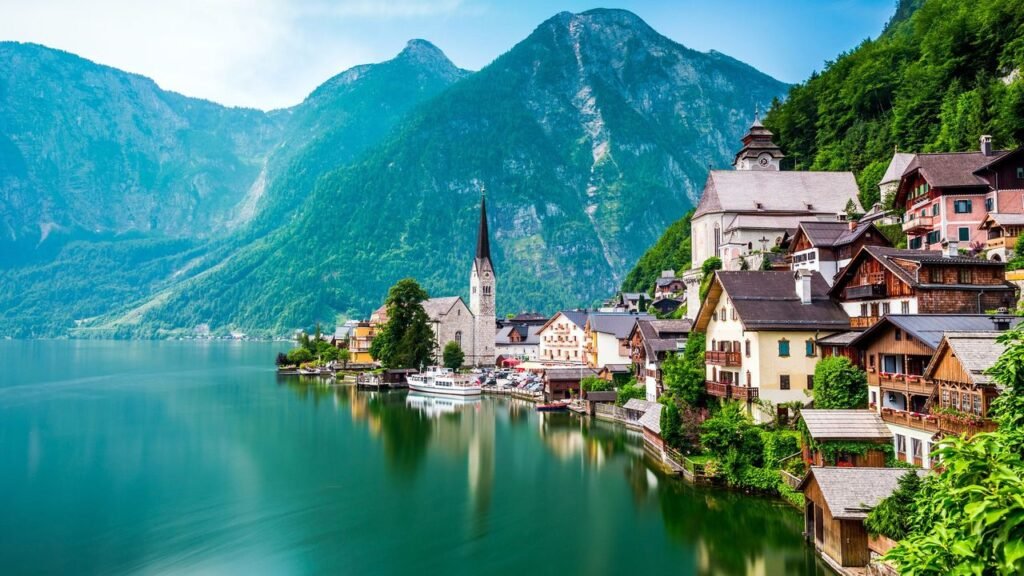
In addition, formal training in neighborliness furnishes people with fundamental abilities, for example, critical thinking, correspondence, and social responsiveness, which are all essential in conveying great assistance to visitors. In an industry that blossoms with giving excellent encounters, educated and thoroughly prepared staff can have a huge effect in consumer loyalty and brand notoriety.
Regardless of the significance of schooling in friendliness, there stays a hole between industry requests and the capabilities of the labor force. Numerous passage level positions may not need formal training, prompting an absence of expert guidelines and responsibility. This not just impedes professional success open doors for hopeful experts yet in addition propagates the impression of friendliness as a low-gifted area.
All in all, while the travel industry holds massive potential for financial development and social trade, it is fundamental to proactively recognize its adverse consequences and address them. Ecotourism, when not painstakingly made due, can add to natural debasement as opposed to protection. Essentially, the friendliness business requires a more coordinated work to focus on instruction and capabilities, guaranteeing that the labor force is prepared to satisfy the developing needs of the area.
To alleviate the unfriendly impacts of the travel industry, partners should team up to carry out reasonable practices, implement guidelines, and put resources into schooling and preparing drives. By embracing a comprehensive methodology that considers both ecological and instructive perspectives, we can endeavor towards a travel industry that improves lives as well as jelly the planet for people in the future.
